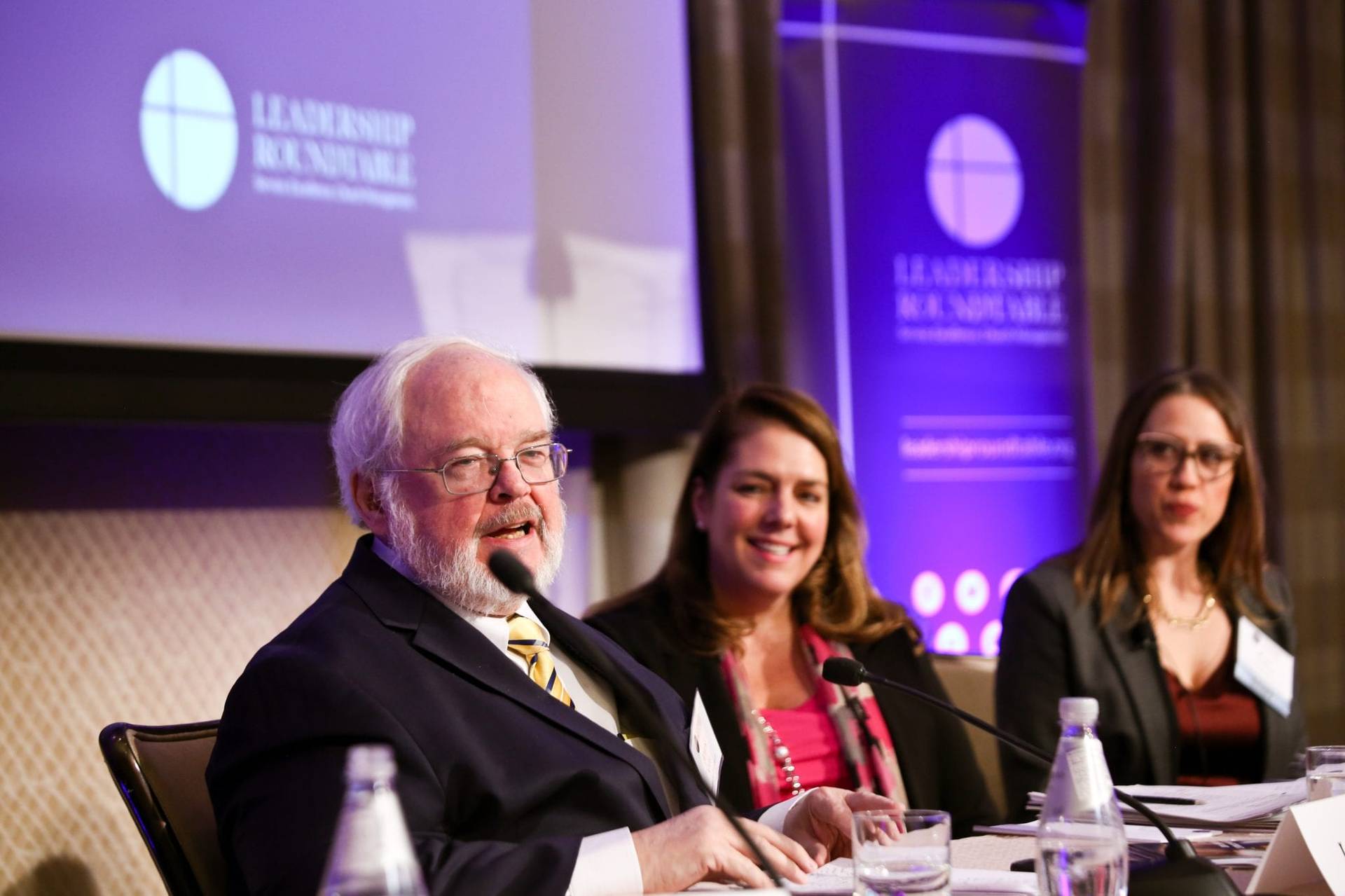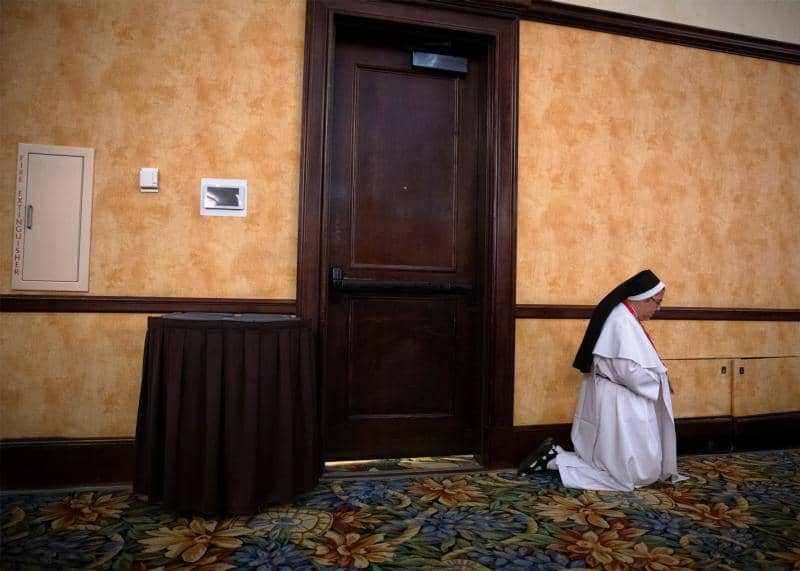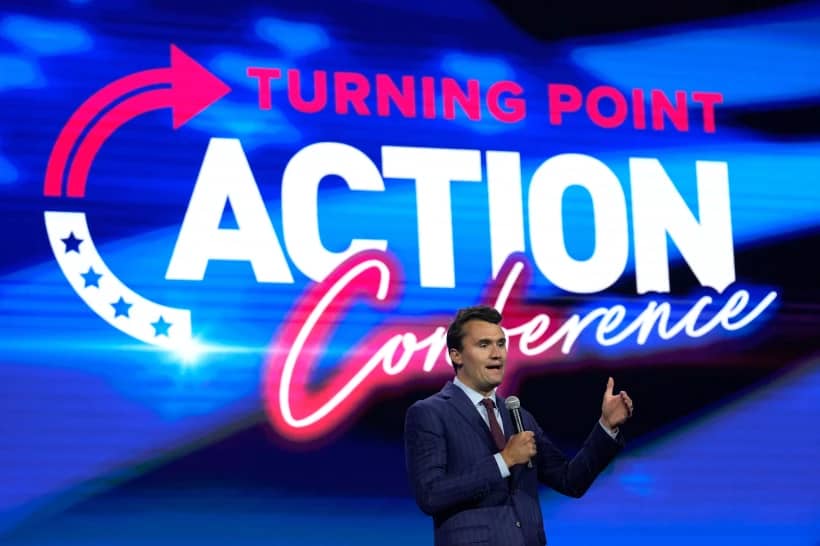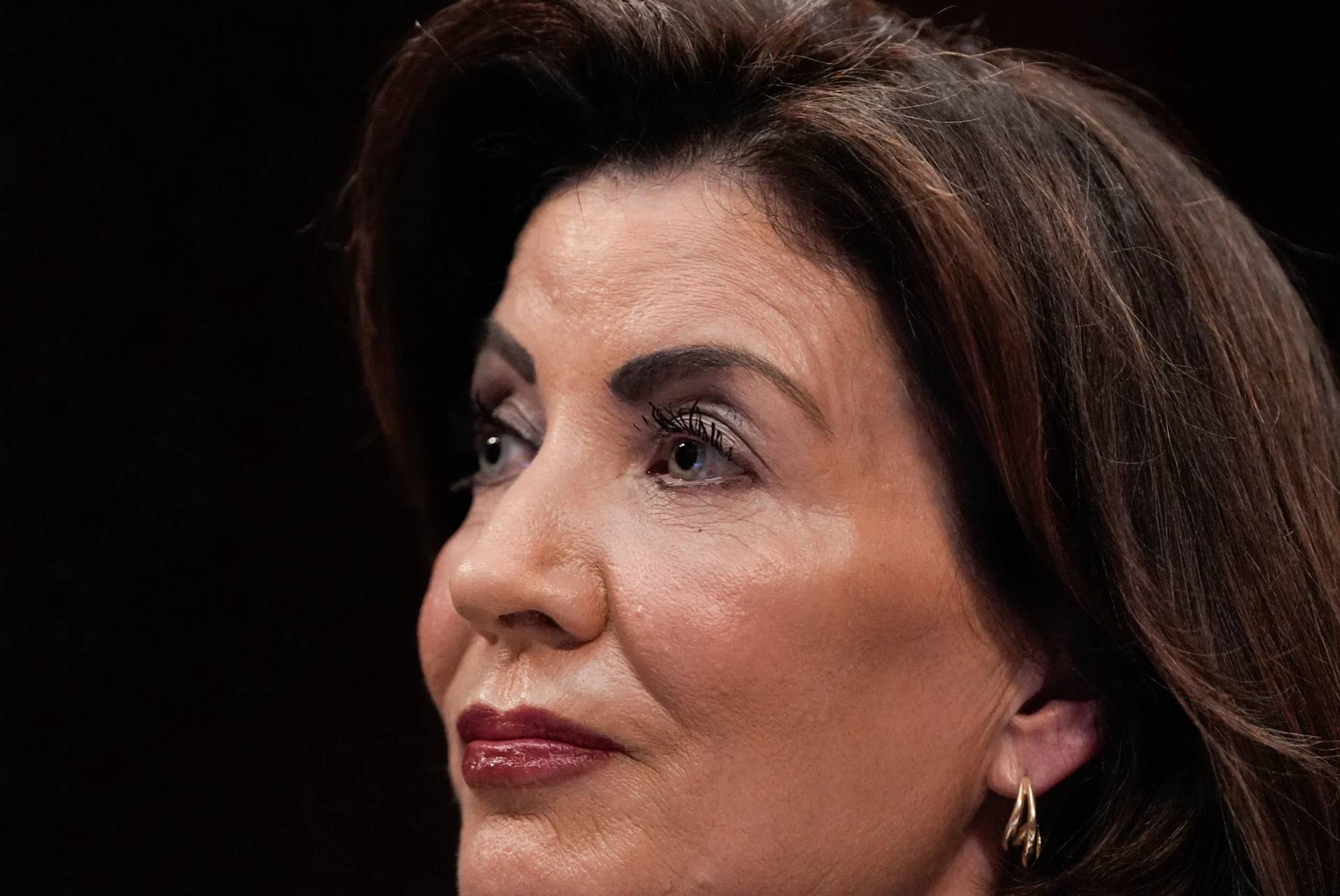ROME – Ahead of a high-profile summit of top bishops from around the world to address the clerical sexual abuse crisis that opens on Thursday, one of the event’s key organizers said Monday one primary aim is to make sure that the perspective of children exposed to abuse is part of the Church’s efforts at reform.
“We’re focusing on those who have so little voice… Minors don’t have a voice, they’re kept in silence,” said Cardinal Blaise Cupich of Chicago. “This is about making sure that their voice is heard.”
Archbishop Charles Scicluna of Malta, a former Vatican prosecutor for sex abuse crimes, said the summit should help bishops around the world to address all types of abuse, from minors to vulnerable adults and nuns.
“We don’t want to underestimate or undervalue other forms of misconduct, but what I say is that what we’re going to share is going to be useful to leaders when they’re facing other types of abuse,” he said.
“We will never stop working on having the proper answer,” said Scicluna. If what’s being done is not enough, he said at a different point, “we will continue working. We can never give up when it comes to protecting our children.”
RELATED: Church’s leading reformer on sex abuse warns of more McCarricks
“We’re having this conference because we understand that something went wrong,” said papal spokesman Alessandro Gissotti.
The description came during an hour and a half-long press conference with an all-star lineup: former papal spokesman Father Federico Lombardi, who will act as coordinator during the meeting; Cupich; Scicluna of Malta, who also serves as adjunct secretary for the Vatican’s Congregation for the Doctrine of the Faith; German Jesuit Father Hans Zollner, a member of the Pontifical Commission for the Protection of Minors and head of the Center for Child Protection at the Pontifical Gregorian University; and Sister Bernadette Reis, a temporary aid of the Vatican’s press office.
The meeting will include 11 speeches, two of which will be delivered by Pope Francis opening and closing the summit. In addition, Australian Archbishop Mark Coleridge will deliver a homily for Sunday’s closing Mass.
Among the speakers, three are women, two of whom are lay and mothers, including Mexican journalist Valentina Alazraki, who’s been covering the Vatican since the time of Pope Paul VI. There are no lay men in the official rundown of speakers.
Also addressing the 190 participants, 10 of whom are women, will be a group of survivors of clerical sexual abuse, but it’s unknown how many or their backgrounds. The Vatican said Monday that their identity will not be made public, unless they decide to do so individually.
It’s the suffering of the victims, Gissotti said, that compels the Church to act to guarantee that it’s “always a safe home for everyone, particularly children and the weakest ones.”
Lombardi said that among the participants, there will be 114 presidents of bishops’ conferences or a representative – this will be the case of Chile, for instance, as the president of the local Church has been subpoenaed by civil authorities to testify on charges of cover-up. Fifteen heads of Eastern churches in communion with Rome will be on hand, as well as 15 bishops from missionary territories, 14 members of the Roman Curia, 5 members of the council of cardinals that advises the pope (including American Cardinal Sean O’Malley of Boston), 12 heads of male religious orders and 10 from female religious orders.
Each day will include speeches and small working groups, focused on a daily theme: Responsibility, accountability and transparency.
According to Cupich, it’s important for people to understand, “especially in the Catholic world,” that Francis wants to make it clear to every bishop that each one has to “claim responsibility” when it comes to the protection of minors, and that loopholes that currently allow for the Church not to address the issue properly will be closed.
The summit will also provide bishops with tools to guarantee that everyone knows what needs to be done, because they will be held accountable: “It’s a new day in terms of transparency,” Cupich said.
“My hope will be that people see this [summit] as a turning point,” he said. “This is not the endgame. No one can say there will be no more abuse in the Church or the world, but people will be held accountable. Children will be kept safe, and that will be the priority.”
Scicluna said that “silence is a no-go,” and so is a state of denial, even if it’s a “primitive mechanism” for responding to a crisis.
“Whether it’s criminal or malicious complicity, or a code of silence or denial, we need to move forward,” he said. “That’s why the third day will be devoted to transparency, fighting any complicity with denial. Confronting the fact will make us free.”
The meeting, Scicluna said, will not be a “three-day wonder” and follow-up is going to be of the essence.
Asked about the link between homosexuality and clerical abuse, Cupich pointed to a report by the John Jay College of Criminal Justice of the University of New York in 2004 as well as the Australian Royal Commission into Institutional Sexual Abuse, both of which concluded that homosexuality is not itself a cause of sexual abuse.
“Homosexual people are not more prone to abuse children than heterosexual people,” Cupich said.
He also spoke about the low number of women participating in the summit, saying that in his experience, the people who have helped him the most in making prudential judgements have all been women.
“I hope this could be more widely promoted,” he said. “There’s always a need to do more, and the voice of women is critical.”
Zollner agreed on this point, saying that it’s true that women, particularly religious women in Africa and Asia, are “of the utmost importance for the role of safeguarding in Catholic institutions. There’s a huge impact of female sensitivity, awareness and emotional intelligence in dealing with this issue.”
After the press conference, a group of survivors addressed the media, including Peter Isley of the group Ending Clergy Abuse, who called the upcoming summit a “historic achievement” for survivors who have been pushing the Vatican to take action.
Also speaking was Peruvian journalist Pedro Salinas, who uncovered scandals within the Sodalitium of Christian Life, who said he hopes some things will change after the summit.
“But for this to happen, concrete measures need to be taken. If not, we will continue with the game of using the phrase ‘zero tolerance’ without it being achieved,” he said.















